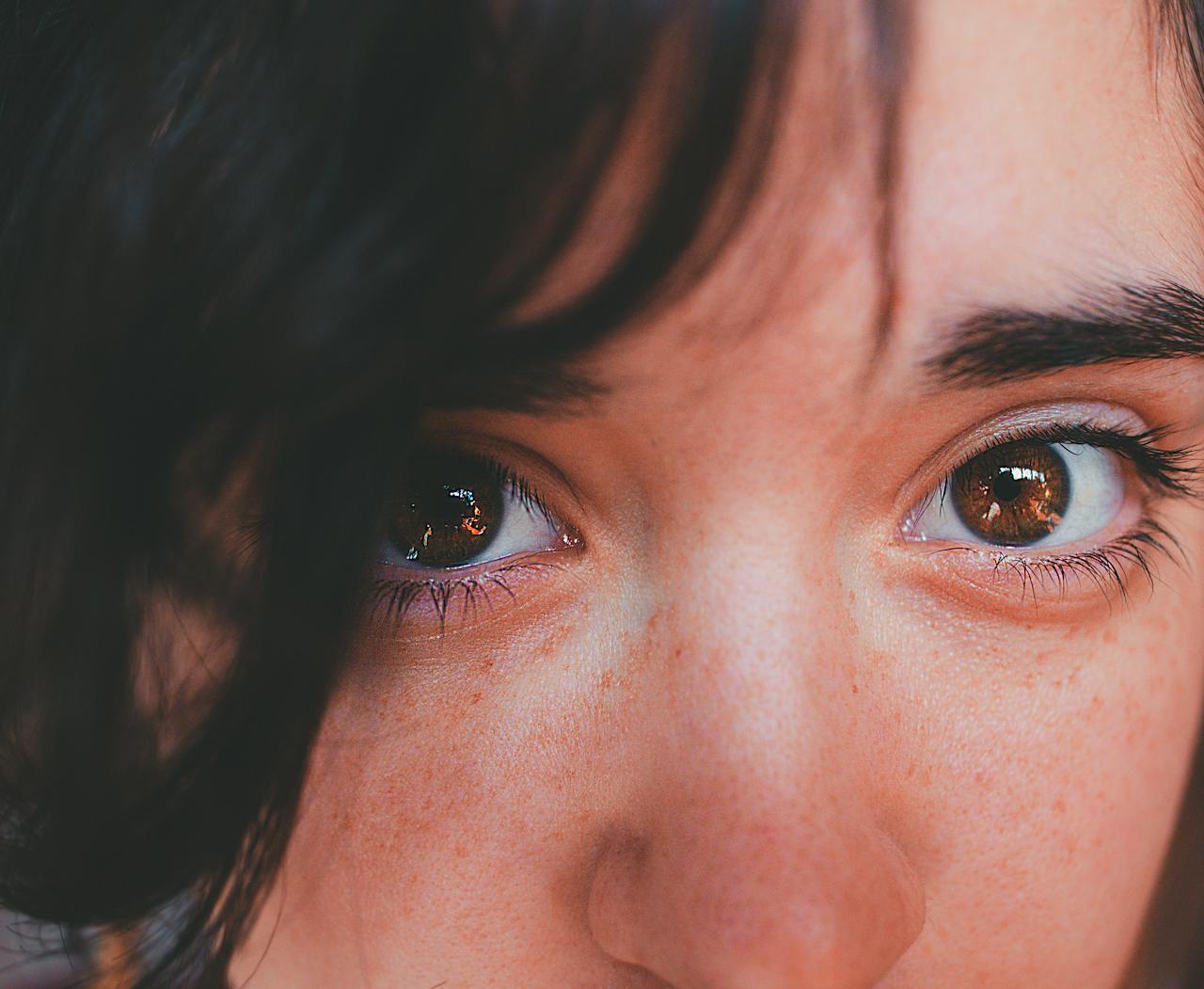Skin cancer is the most common form of cancer in Australia. With our climate and outdoor lifestyle, Queensland has some of the highest skin cancer rates in the world. Regular skin checks are one of the best ways to detect changes early, but many people are unsure how often they should book one.
This article explores how often you should see a skin cancer doctor, what factors influence your risk, and what to expect during a skin check.
Why Skin Checks Are Important
Australia has one of the highest rates of skin cancer globally, with about 80% of cancers diagnosed being skin-related. A skin cancer check is a clinical examination where a GP or skin cancer doctor looks for unusual moles, spots, or lesions.
Early detection is key. Most skin cancers, when identified and treated early, can be successfully managed. A regular skin check gives your doctor the chance to identify changes before they become serious.
If you are due for a check, you can book a consultation with our skin cancer doctors at Brisbane City Doctors.
How Often Should You Have a Skin Cancer Check?
The frequency of skin checks depends on several factors. While there is no one-size-fits-all rule, here are general recommendations:
For the General Population
- Most adults should consider a skin check every 1 to 2 years.
- If you notice any new or changing moles, book an appointment as soon as possible.
For People at Higher Risk
You may need more frequent checks (every 6 to 12 months) if you:
- Have fair skin, freckles, or light-coloured hair
- Have a history of sunburns, especially in childhood
- Have a personal or family history of melanoma or skin cancer
- Spend a lot of time outdoors for work or recreation
- Notice new or changing moles
Self-Monitoring Between Checks
Even if you see a doctor regularly, you should perform self-checks at home. Look for spots that are new, changing, or unusual in size, shape, or colour. If you notice changes, book a skin cancer check promptly.
What Happens at a Skin Cancer Check?
A skin check is a straightforward appointment:
- Your doctor examines your skin from head to toe, often using a dermatoscope (a magnifying tool with light).
- They check existing moles and spots for signs of abnormality.
- If an area looks suspicious, your doctor may recommend monitoring, biopsy, or removal.
- Digital imaging may be used to track mole changes over time.
Our doctors are experienced in performing skin checks and will guide you if further care is required.
Mole Checks and Monitoring
Routine mole checks are an important part of preventive care. Not every mole is dangerous, but changes in colour, size, or shape may be a sign of skin cancer.
Your GP may recommend:
- Regular reviews for certain moles
- Imaging to compare changes over time
- Referral if further investigation is required
Skin Clinic Services Beyond Skin Checks
In addition to skin cancer checks and mole checks, Brisbane City Doctors provides care for many skin conditions, including:
- Psoriasis
- Eczema
- Rosacea
- Acne
- Warts
- Fungal infections
As a full-service medical clinic, we can also coordinate your care with other services such as on-site pathology for testing or referrals to specialists if needed.
Signs You Should Book a Skin Check Sooner
See a doctor promptly if you notice:
- A mole that is changing in size, shape, or colour
- A spot that bleeds, crusts, or does not heal
- A new mole that looks different from your others
- Persistent itch, redness, or irritation on the skin
Do not wait until your next routine check if you have concerns.
Book a Skin Check at Brisbane City Doctors
If you are unsure when your last skin cancer check was, now is a good time to book. Our doctors provide thorough examinations and advice on prevention, monitoring, and treatment.
Book a skin check appointment today and take a proactive step in protecting your skin health.
Disclaimer:
The information provided in this blog is for general educational purposes only and should not be taken as medical advice. It is not a substitute for professional diagnosis, treatment, or care. Always seek the guidance of your doctor or other qualified healthcare professional with any questions you may have regarding your health or medical condition.

